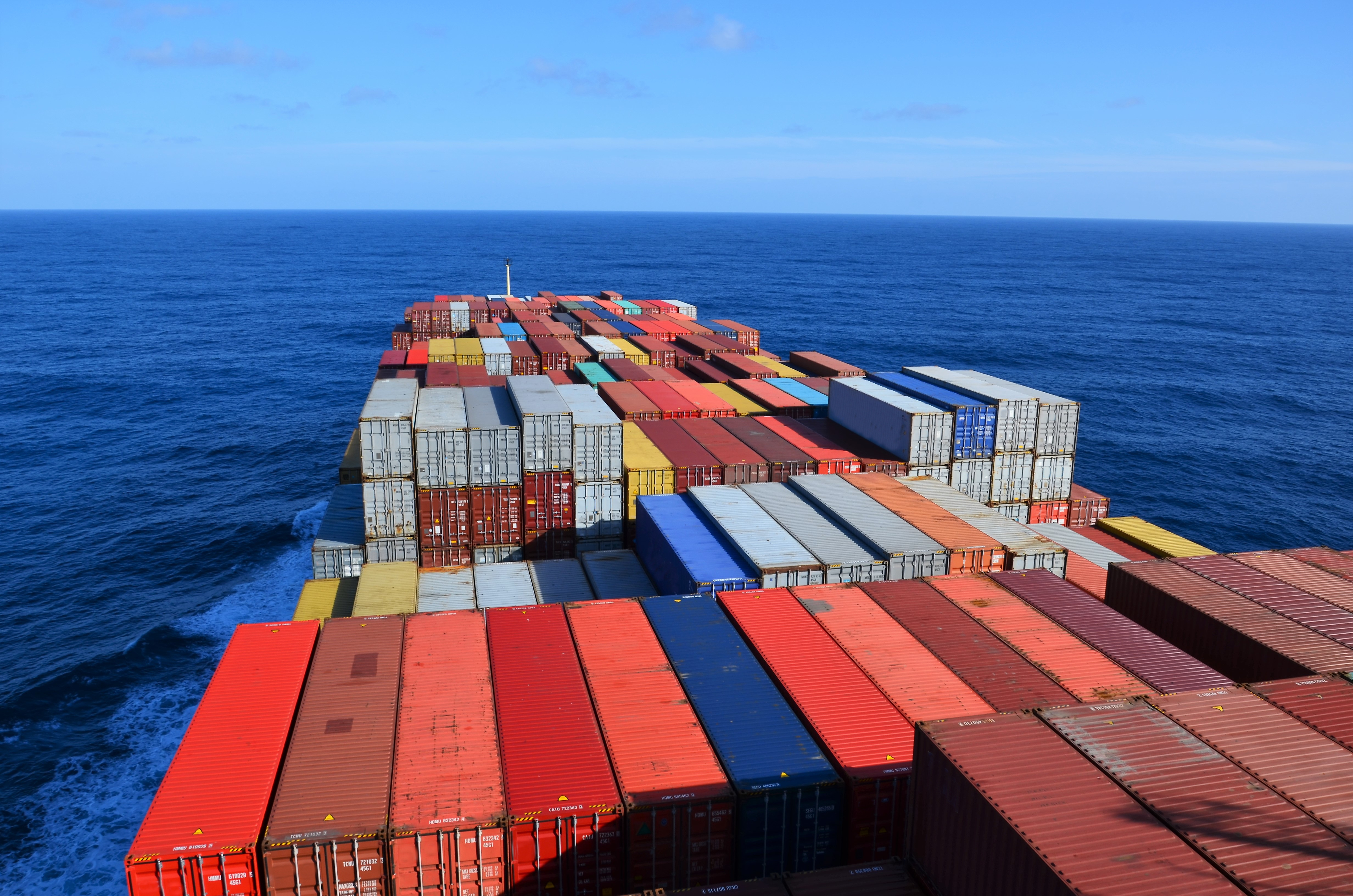In today’s digital world, cyber threats are increasing rapidly, and every sector needs to be prepared for potential cyber-attacks. The maritime industry, including shipping, ports, and offshore activities, is highly vulnerable to cyber-attacks with implications including impact to global trade, significant financial losses, environmental damage, and even loss of life.
Check out the new MITAGS online Cyber-Skilled Mariner course presented by MaritimeTV Studios.
Real world cyber-attacks are occurring with increased frequency, so it is more important than ever that personnel and organizations across the maritime domain understand the risks and the best means of prevention. The U.S. Coast Guard estimates a 68% increase in cyber incidents over the next 2 years. Here are some of the most notable recent attacks:
- 2017 – A.P. Moller-Maersk hit by a ransomware attack resulting in $10 billion in damages.
- 2022 – Shipping giant MSC hit by a cyber-attack that was limited to home office servers but could have been much worse.
- 2022 – CMA-CGM hit with ransomware attack that caused the company to shut down many online services, impacting operations.
- 2023 – Norwegian survey company DNV fell victim to a ransomware attack that ensnared 70 companies and 1,000 ships.
It is crucial for the maritime industry to take measures to enhance their cyber security. One of the most important steps towards achieving this goal is to provide maritime cyber security training to the workforce.
This January 2023 the USCG released the Maritime Cybersecurity Assessment & Annex Guide (MCAAG), which provides high level guidance to Maritime Transportation Security Act (MTSA)-regulated facilities and other Marine Transportation System (MTS) stakeholders for addressing cyber risks.
So why is this training so important?
Improved Cyber Security Posture:
Maritime cyber security training for personnel helps to improve the overall cyber security posture of the maritime industry. By providing training to the workforce, employees will become aware of potential cyber threats and learn how to prevent them. Training can help employees to identify suspicious activities, report them to the authorities, and take necessary steps to mitigate the risks. A proactive posture organizationally, can also act as a deterrent to would be attackers.
Increased Awareness of Cyber Threats:
Maritime cyber security training raises awareness of the varying cyber threats among. Employees can learn about different types of cyber-attacks and the impact they can have on the maritime industry. They can also learn how to identify cyber threats and how to respond to them. By raising awareness, employees can become more vigilant and take appropriate measures to prevent cyber-attacks.
Compliance with Regulations:
The maritime industry is subject to various regulations, and compliance is essential to avoid penalties and other legal consequences. Many of these regulations require the implementation of cyber security measures. Maritime cyber security training can help employees understand these regulations and the importance of compliance. By providing training, the industry can ensure that its workforce is aware of the regulations and can implement the necessary measures to comply with them.
Protection of Confidential Information:
The maritime industry deals with sensitive information such as cargo information, port schedules, and financial data. Cyber-attacks can result in the loss or theft of this information, which can have severe consequences. Maritime cyber security training can help employees to protect confidential information by implementing appropriate cyber security measures. This can include password protection, data encryption, and regular backups.
Prevention of Financial Losses:
Cyber-attacks can result in significant financial losses. Maritime cyber security training can help employees to prevent financial losses by identifying potential cyber threats and taking appropriate measures to mitigate them. By preventing cyber-attacks, the industry can avoid financial losses such as ransom payments, lost revenue, and legal fees.
Protection of Reputation:
Maritime cyber-attacks can have severe consequences to both company and industry reputations. Customers and stakeholders can lose trust, resulting in lost business. Maritime cyber security training can help employees to protect the industry’s reputation by preventing cyber-attacks and responding appropriately in case of a cyber-incident.
Reduced Downtime:
Cyber-attacks can result in system downtime, which can have significant consequences for the industry’s operations. Maritime cyber security training can help employees to prevent downtime by implementing appropriate cyber security measures and responding promptly in case of an incident. By reducing downtime, the industry can avoid delays in cargo shipments, port operations, and other activities.
Enhanced Resilience:
Maritime cyber security training can help enhance the industry’s resilience against cyber-attacks. Employees can learn how to respond to cyber incidents, recover from them, and prevent similar incidents in the future. By enhancing resilience, the industry can ensure that it can continue its operations even in the face of cyber-attacks.
The Maritime Institute of Technology and Graduate Studies (MITAGS) is working in close partnership with MaritimeTV Studios to offer a 2.5-day, online Cyber-Skilled Mariner, to prepare individuals and organizations to meet the Cyber Threat.
Contact us today to learn more!




